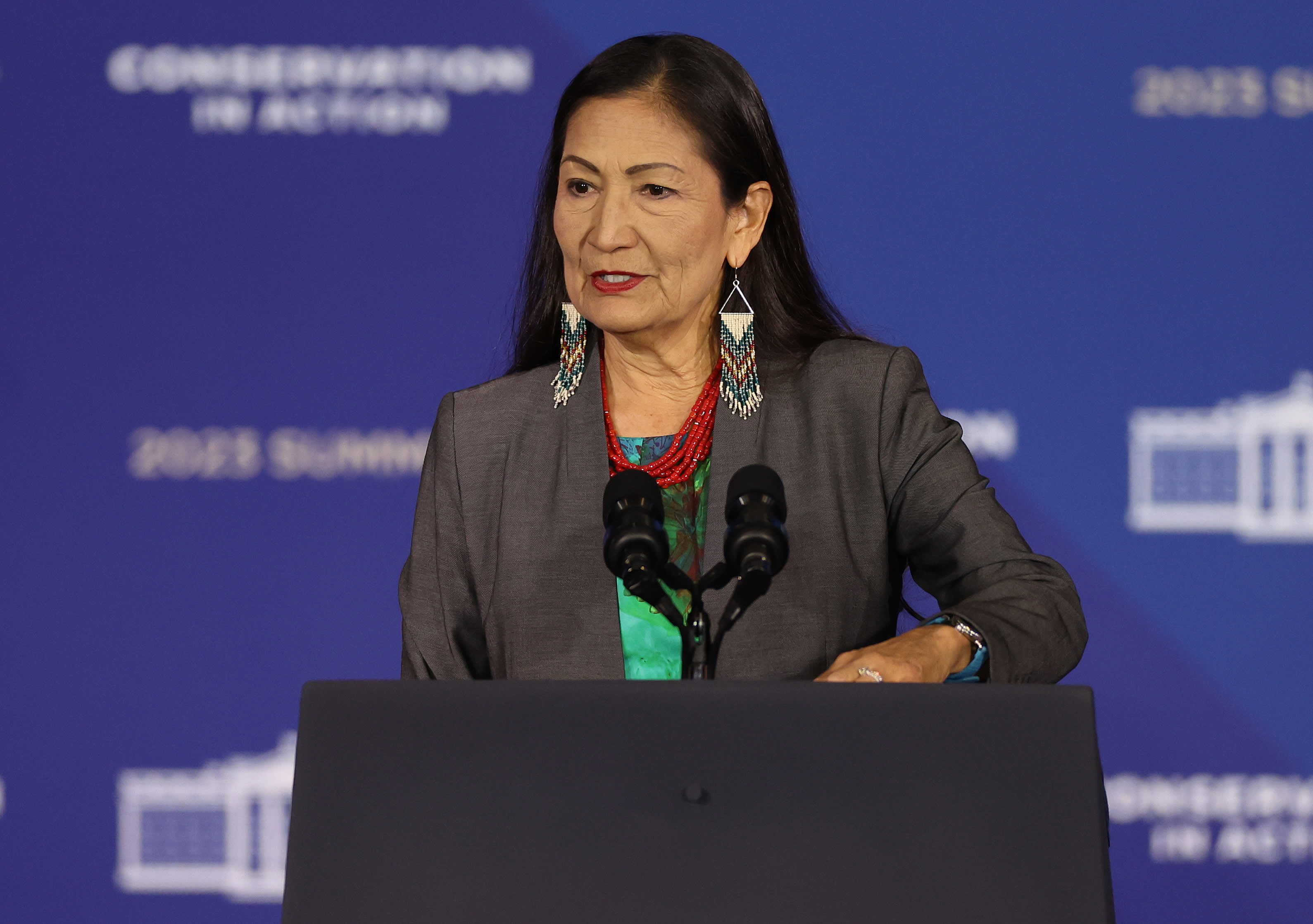As Chicago moves down from "high transmission" for COVID-19 risk, the city's top doctor says health officials are in discussion with the state regarding Illinois' mask mandate.
As of Tuesday, Chicago Department of Public Health data showed an average daily coronavirus case count of 369, which puts the city at "substantial transmission" down from "high transmission."
CDPH Commissioner Dr. Allison Arwady noted that the city's test positivity rate, hospital capacity and ICU capacity have all dropped to "lower transmission," as well.
What does this mean for masks?
Feeling out of the loop? We'll catch you up on the Chicago news you need to know. Sign up for the weekly Chicago Catch-Up newsletter here.
"First of all, as always, this is the first day we have been back down in this substantial risk category," Arwady said. "We always want to see one incubation period. You want to make sure that where you're seeing progress like this, it is not just a blip, that you're holding it. But the news really does continue to look good."
The U.S. Centers for Disease Control and Prevention recommends that in locations where there is a "substantial" or "high" transmission risk, masks should be worn in indoor settings, Arwady reminded.
Per federal guidelines, Arwady said masks should stay on until Chicago has fully reached the "lower transmission" rate. However, she noted that the city originally recommended masks in indoor settings for "substantial risk" and required them at "high risk."
Local
Currently, Illinois' statewide mask mandate indoors still requires that a face covering be worn inside, regardless of Chicago COVID metrics. Arwady said health officials are "in discussion" with the state on the future of the mandate.
"I have been talking to IDPH about the idea of, could you use a regional approach when it comes time to be thinking about masks for example," Arwady said. "But the other concern here is that as we are heading into colder weather, and frankly, moving indoors is likely to -- I would be surprised if we did not continue to see some increase in COVID cases."
She added that further discussion of face coverings could include the possibility of future guidance on indoor settings where everyone is fully vaccinated against the virus.
As of Tuesday, average daily hospitalizations for Chicago were at 18, a 40% drop from last week, according to the data. Meanwhile, average deaths were at 3.71, which is a 24% decrease over the last seven days.
CDPH data showed the city's positivity rate at 2.6%, which dropped from 2.9% last week.
Arwady also announced Tuesday that Chicago's travel advisory has remained the same this week, with 48 states and three territories on the city's warning list/
The advisory, which is updated weekly, did not see any states added or removed, leaving only California and Puerto Rico off the list.
"Though the national average daily COVID case rate continues a recent trend of decreasing each week, CDPH reminds unvaccinated travelers that under the advisory, they should be tested for COVID before and after travel and should quarantine upon arrival in Chicago," the city's health department said in a statement Tuesday.
Officials noted, however, that Connecticut could soon be removed, should its numbers remain below the threshold for another week.
"Connecticut’s daily case rate is under 10 this week," health officials said. "If the Constitution State maintains a sub-15.0 daily case rate, it can come off the travel advisory next week. No other states are eligible to come off the advisory next week."
States are added to the advisory's "orange list" when COVID metrics rise above the threshold of 15 cases per day per 100,000 people. Any below that mark are on the "yellow" list, with public health officials still warning against non-essential travel.
States and territories currently on the advisory include: Alabama, Alaska, Arizona, Arkansas, Colorado, Connecticut, Delaware, Florida, Georgia, Hawaii, Idaho, Indiana, Iowa, Kansas, Kentucky, Louisiana, Maine, Maryland, Massachusetts, Michigan, Minnesota, Mississippi, Missouri, Montana, Nebraska, Nevada, New Hampshire, New Jersey, New Mexico, New York, North Carolina, North Dakota, Ohio, Oklahoma, Oregon, Pennsylvania, Rhode Island, South Carolina, South Dakota, Tennessee, Texas, Utah, Vermont, Virginia, Washington, West Virginia, Wisconsin, Wyoming, District of Columbia, Guam and the Virgin Islands.



